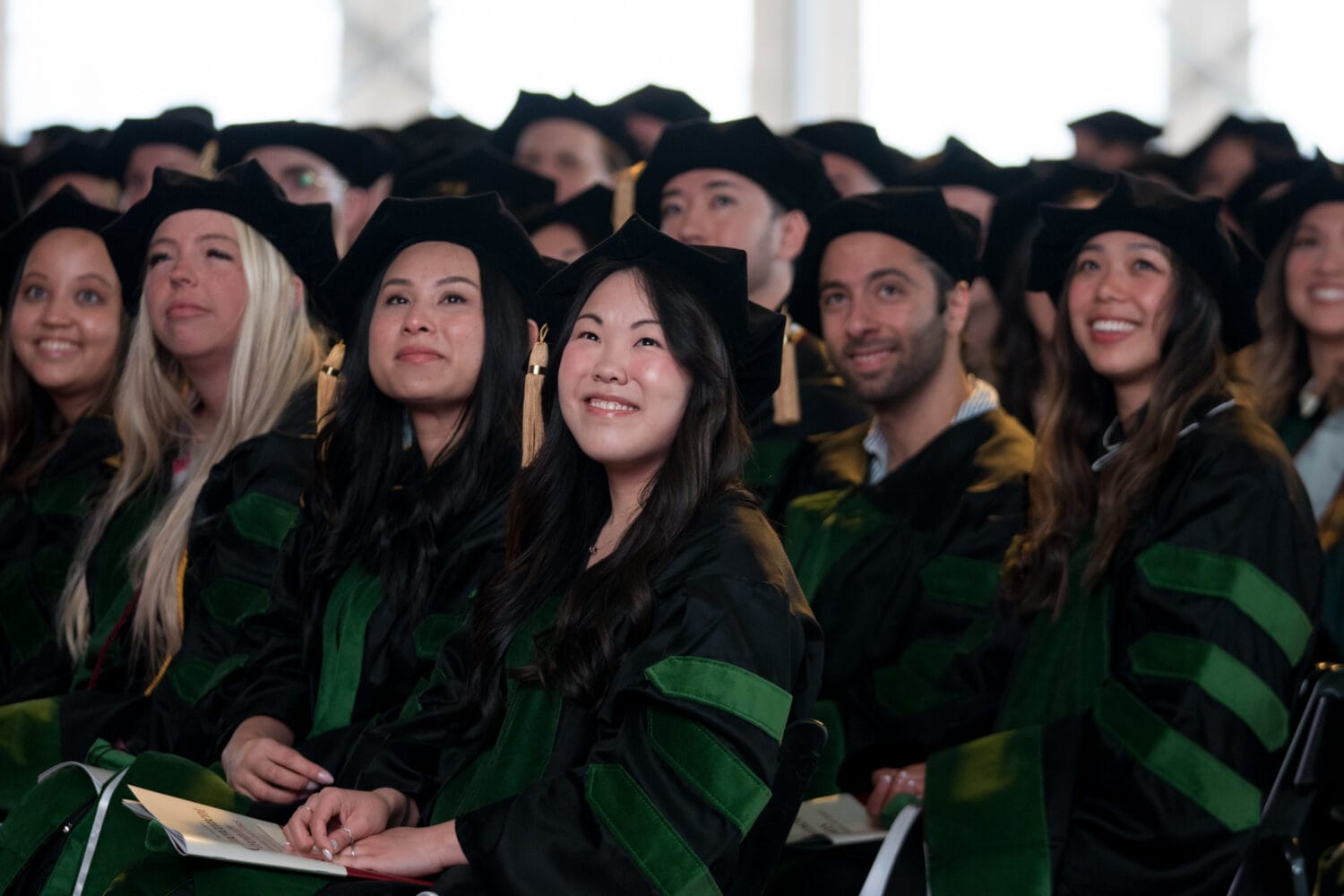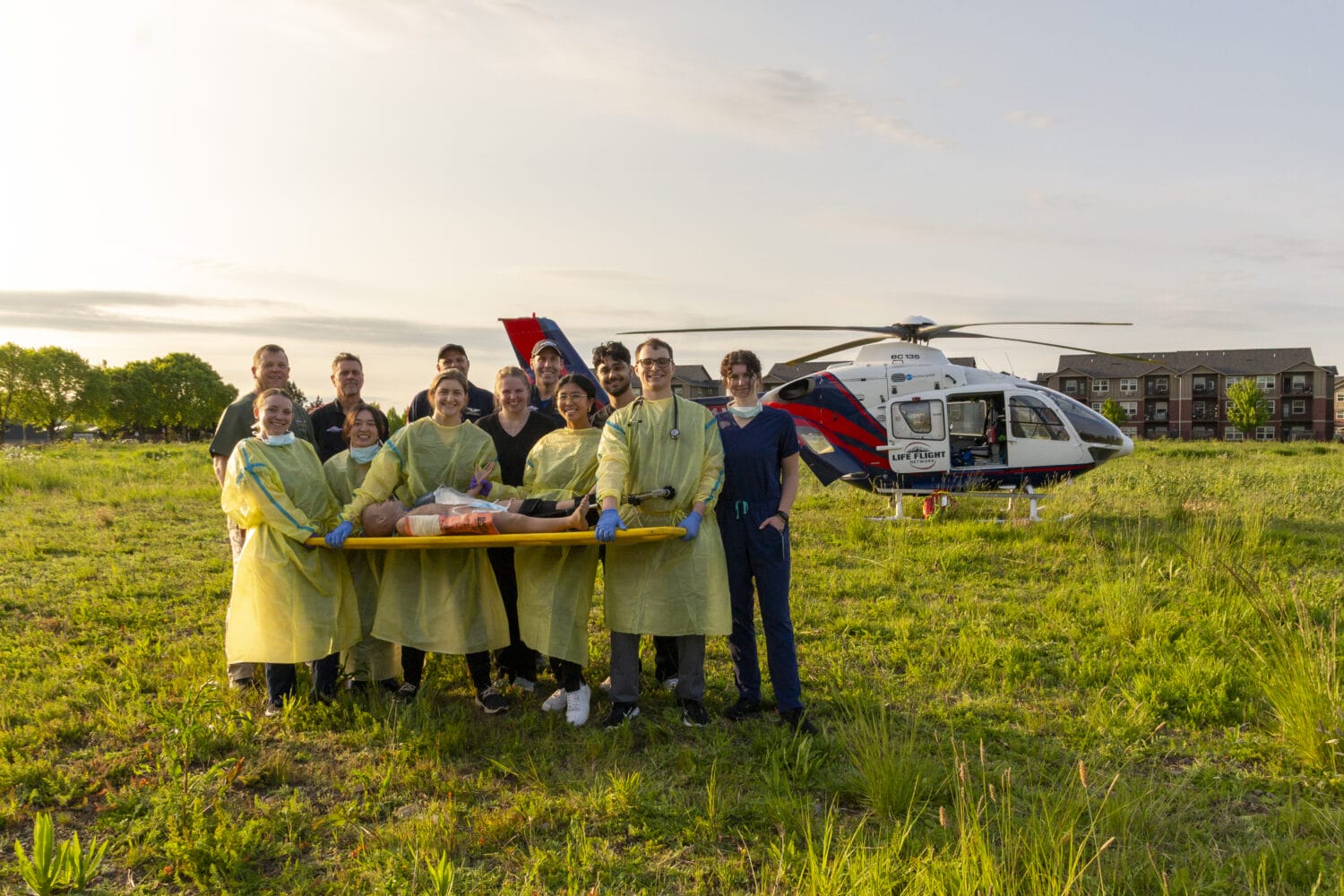WesternU Medical Student's Research Project Ranked Among Top Six Regionally
A research report presented by a second-year medical student at Western
University of Health Sciences’ (WesternU) College of Osteopathic Medicine
of the Pacific (COMP), was ranked among the top six research papers
presented in January at a leading medical student research forum.
Jared M. Salvo’s paper was one of 328 student research projects presented
at the 27th Annual Western Student Medical Research Forum in Carmel,
California. The American Federation for Medical Research (AFMR) sponsors
the forum, attended by students from medical schools throughout the
western United States, including Stanford, UCLA and dozens of others.
“”This was a great forum at which to present our research work,”” the 25-
year-old Salvo said. “”More COMP students would like to pursue research as
part of our medical school education and the conference allows us to
present the results in a very supportive arena.””
The COMP students were the only osteopathic medical students at the
conference, Salvo said.
Salvo’s research presentation was titled “”Lipid Levels and Coronary Artery
Selection Correlate with Restenosis Following Stent Therapy.”” It addressed
how “”aggressive lipid lowering therapy may significantly improve the
prognosis”” of patients who have undergone a coronary angioplasty and
stent. Salvo performed his research under the direction of Neil Doherty
III, MD. Dr. Doherty is an adjunct professor of surgery at COMP.
Salvo was one of six COMP students who attended the conference. All are
second-year medical students. They are: Matt Haight, Stacy Naito, Kyle
Smart, Rick Sanders and Livinia Smultea.
Abstracts of the students’ research projects were published in the
February 1999 edition of the AFMR’s Journal of Investigative Medicine.
They performed their research projects during summer break, receiving a
grant of up to $2,000 from the University.
Medical students who undertake research projects and present them while
still in school improve their chances of landing a good medical residency
assignment after graduation, said James Martin, Dr. re. nat., professor of
physiology and faculty advisor for the student researchers. Since
osteopathic physicians (DOs) traditionally pursue careers in primary care
or family medicine rather than in research, osteopathic medical students
undertaking research projects and presenting them at forums where students
from allopathic medical (MD) schools abound-such as at AFMR’s January
conference-give the osteopathic and allopathic medical students a good
chance to interact with each other before graduation-long before they meet
in their medical residencies, Dr. Martin added.



